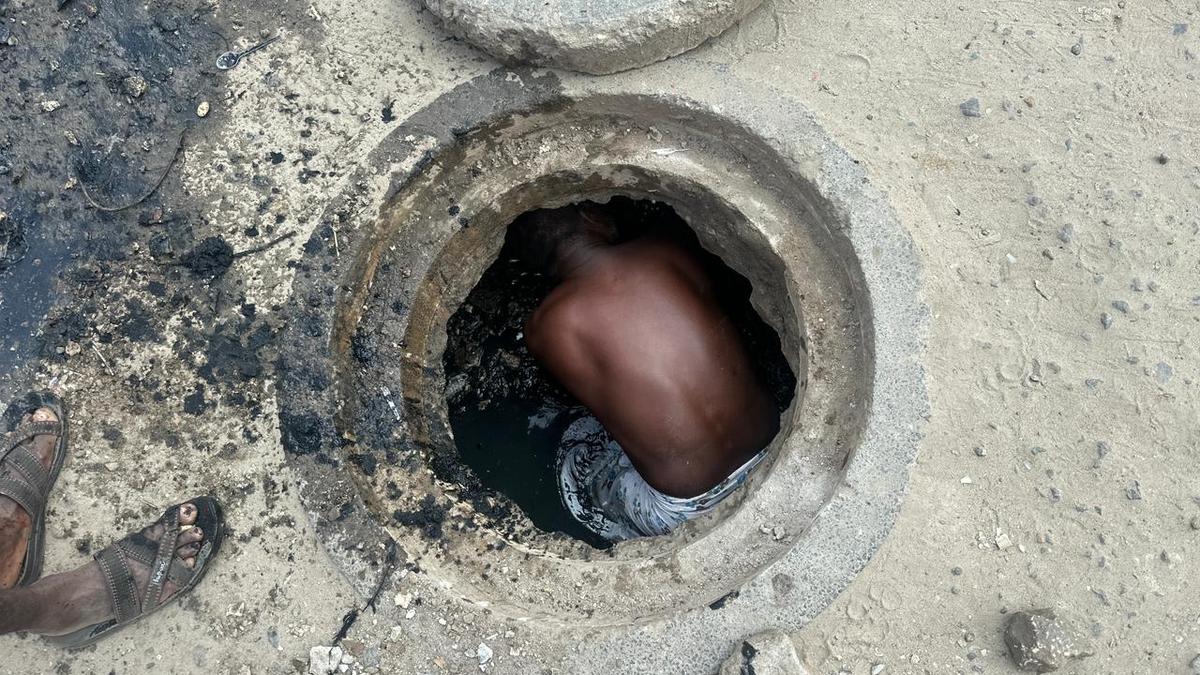
Keep sewers as pristine as your arteries, says Madras High Court
The Hindu
Observing that manual scavenging deaths may not occur if people maintain sewers and drains as pristine as their arteries without letting them choke due to garbage, the Madras High Court has said that society as a whole must apologise to every fellow human being who enter the sewer lines.
Observing that manual scavenging deaths might not occur if people maintained sewers and drains “as pristine as their arteries” without letting them choke due to garbage, the Madras High Court said that society, as a whole, must apologise to every human being forced to enter the sewer lines.
Justice D. Bharatha Chakravarthy made these observations while directing the Chennai Metropolitan Water Supply and Sewerage Board (CMWSSB) to pay a compensation of ₹10 lakh to the surviving legal heirs of a 22-year-old youth who died 24 years ago while clearing a sewer blockage in Chennai.
The judge also made it clear that the demand draft should be accompanied by a letter of apology, on behalf of society, for not only for having made the youth, Sridhar, lose his life by letting him enter the underground sewage channel but also for the enormous delay in paying compensation to his family.
“When we, the inhabitants of the city, push everything inside the drains and sewers indiscriminately, it is nothing short of a homicide by an insensitive society. How many more lives do we want to sacrifice before learning that we must treat and maintain our sewers and drains as pristine as our arteries carrying blood?” the judge asked.
He pointed out that the youth, employed for manual scavenging by a contractor engaged by CMWSSB, died in the year 2000 and his father Kannaiyan had filed an application before the Deputy Commissioner of Labour in 2002 seeking compensation under the Workmen Compensation Act of 1923.
The application was kept pending for five long years and dismissed for default in 2007 due to the absence of the claimant. It was, however, restored in 2008 following a sub-application filed by the claimant but got dismissed once again in the same year on the same ground of non-appearance of the applicant.
In 2009, Kannaiyan took out one more sub-application for restoring his claim for compensation and urged the Deputy Commissioner of Labour to also condone the delay in filing the sub-application. The officer refused to condone the delay and hence, the claimant moved the High Court in 2010.













